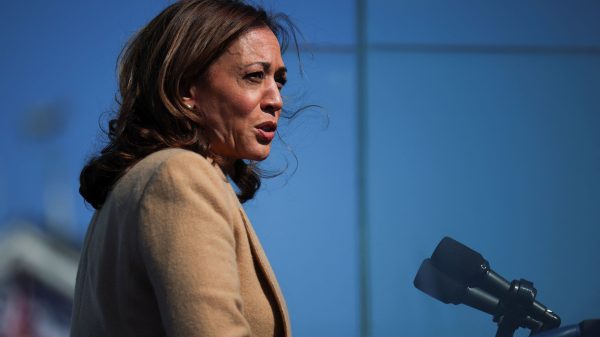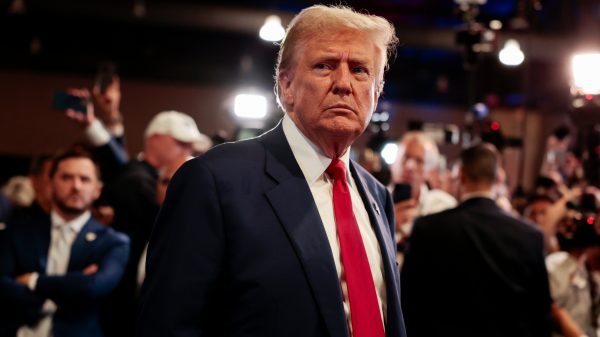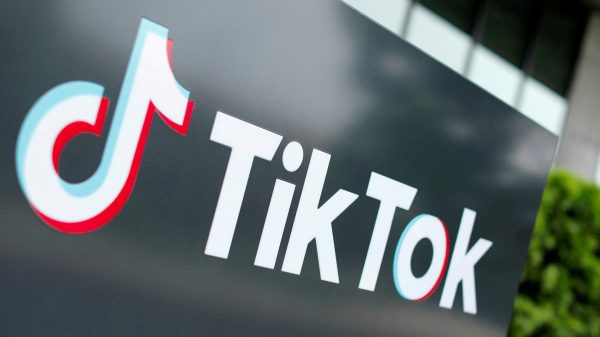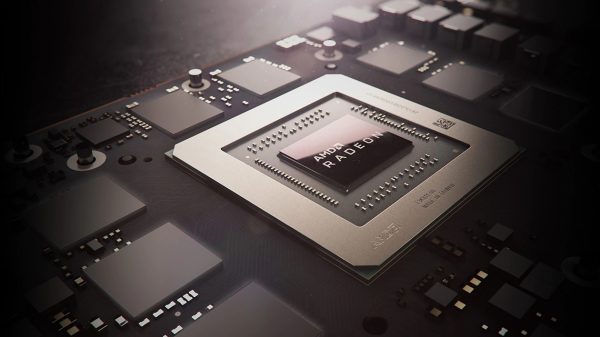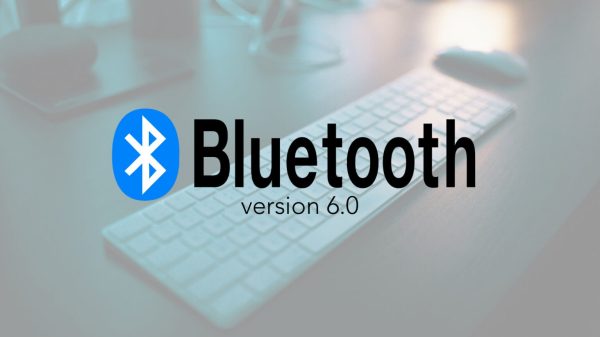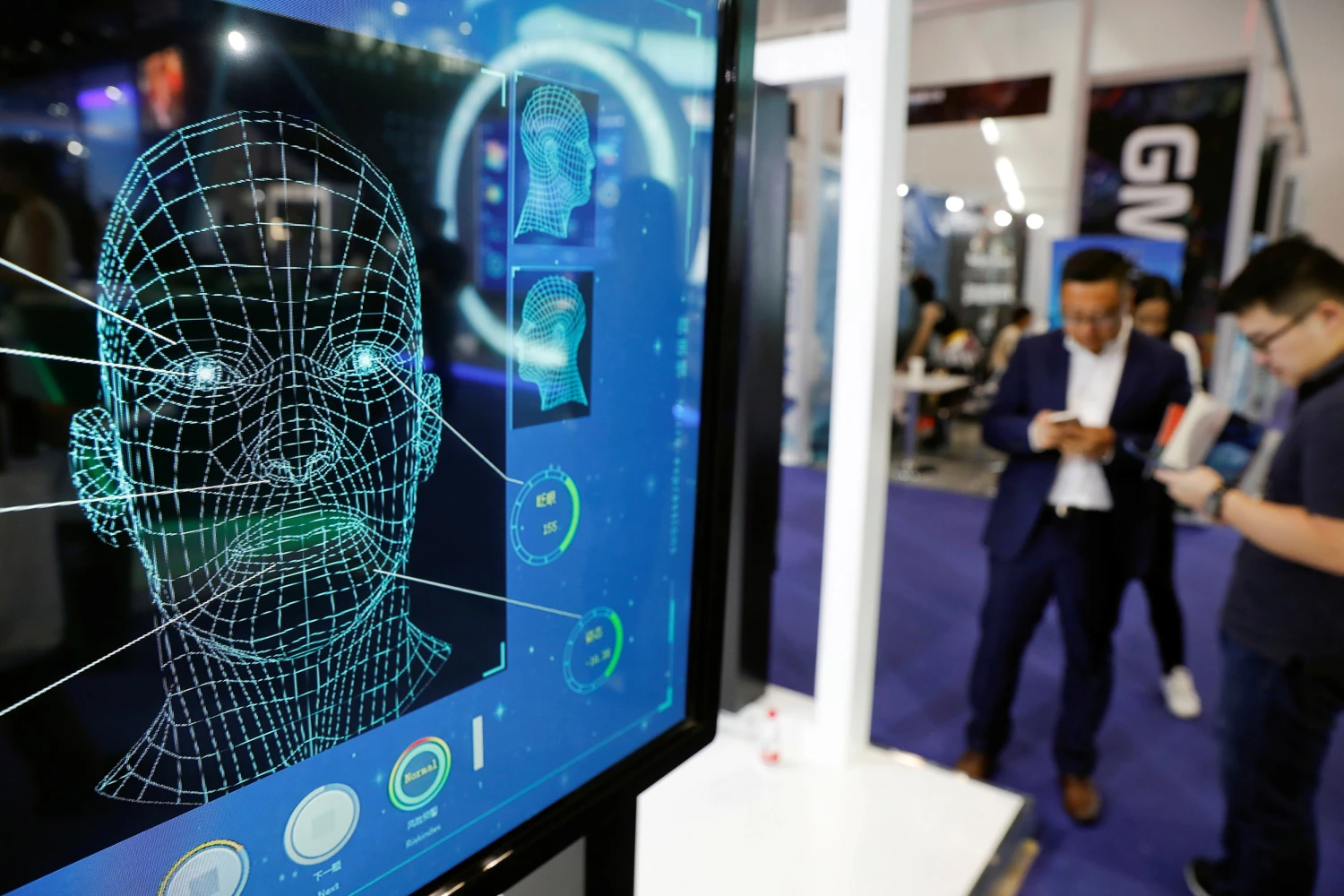After settling with Robert Williams, a Black man wrongfully arrested in 2020 due to a mistaken facial recognition match, the Detroit Police Department has agreed to make significant changes in how it uses facial recognition technology.
The settlement doesn’t completely ban the technology but sets strict rules. These include four years of court oversight and a rule against making arrests solely based on facial recognition results or lineups using only this technology.
Williams’ ordeal began when his expired driver’s license photo was incorrectly flagged as matching a suspected shoplifter’s identity. This led to his arrest at home in front of his family, an event he described as deeply disruptive.
The ACLU highlighted that Detroit PD has made other wrongful arrests using facial recognition, all involving Black individuals, underscoring concerns about racial bias in the technology’s accuracy, a problem documented in various studies.
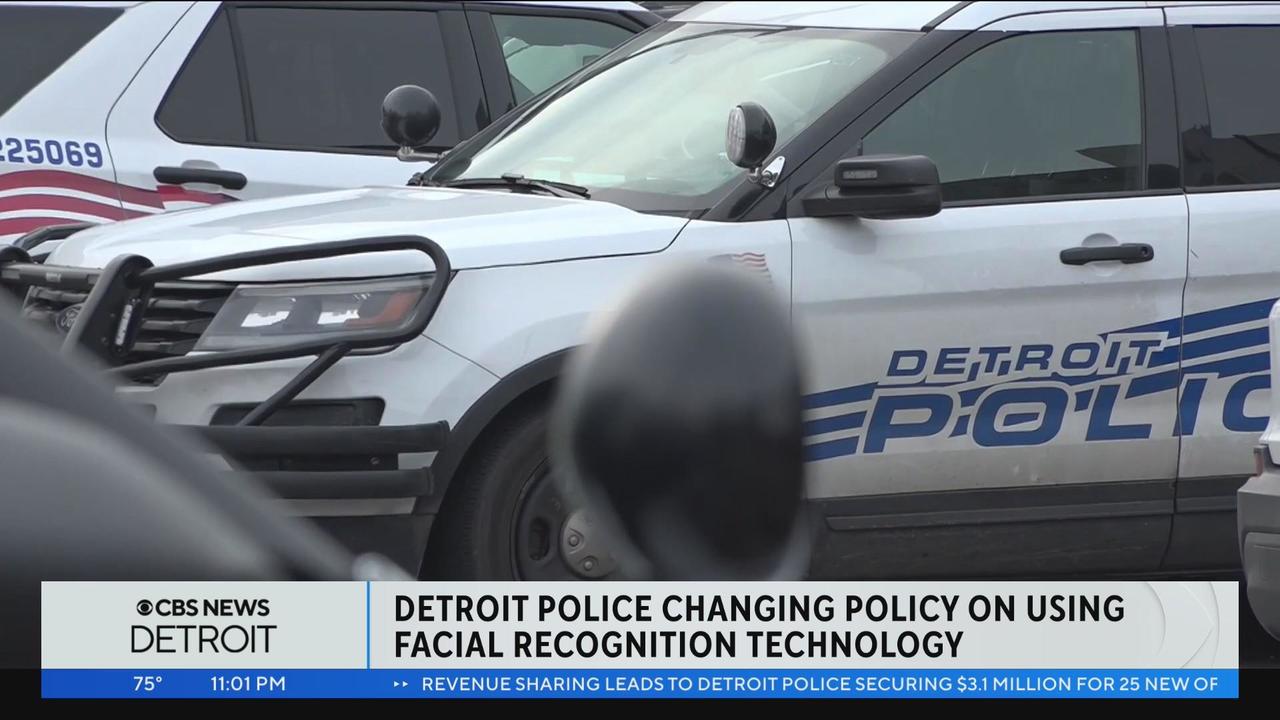
Detroit Police Department Takes Action on Facial Recognition Policies After High-Profile Wrongful Arrest incident
Under the new rules, a facial recognition lead combined with a lineup identification cannot independently justify an arrest warrant. Police must now provide additional independent evidence linking a suspect to a crime.
Moreover, officers will receive training addressing the technology’s racial biases. Additionally, a comprehensive audit will review all cases since 2017 where facial recognition was used to obtain arrest warrants.
In an op-ed for TIME, Williams emphasized that the agreement ensures Detroit PD cannot rely solely on facial recognition technology as a substitute for thorough police investigation. The settlement marks a notable step toward balancing law enforcement needs with protecting civil liberties, setting a precedent for stringent oversight of facial recognition use in policing nationwide.








